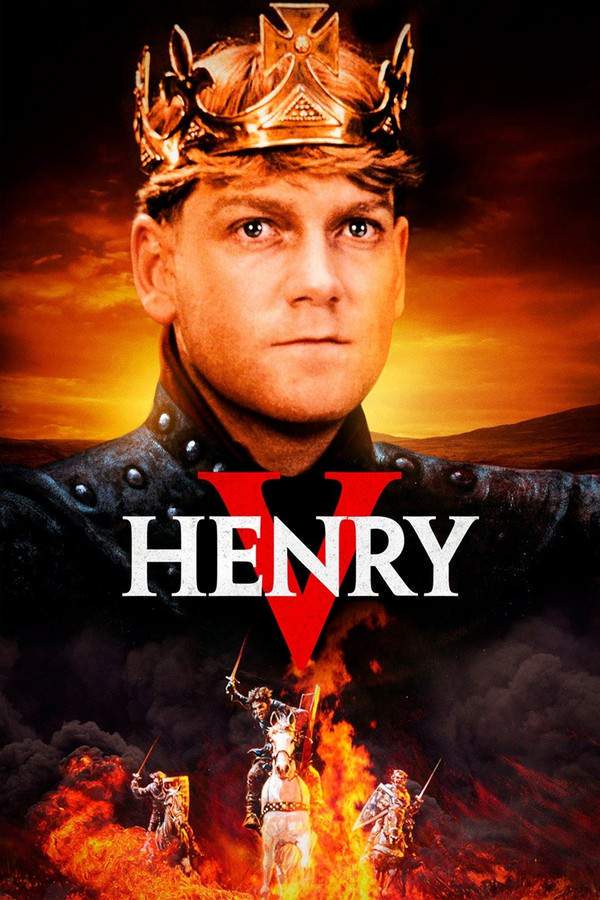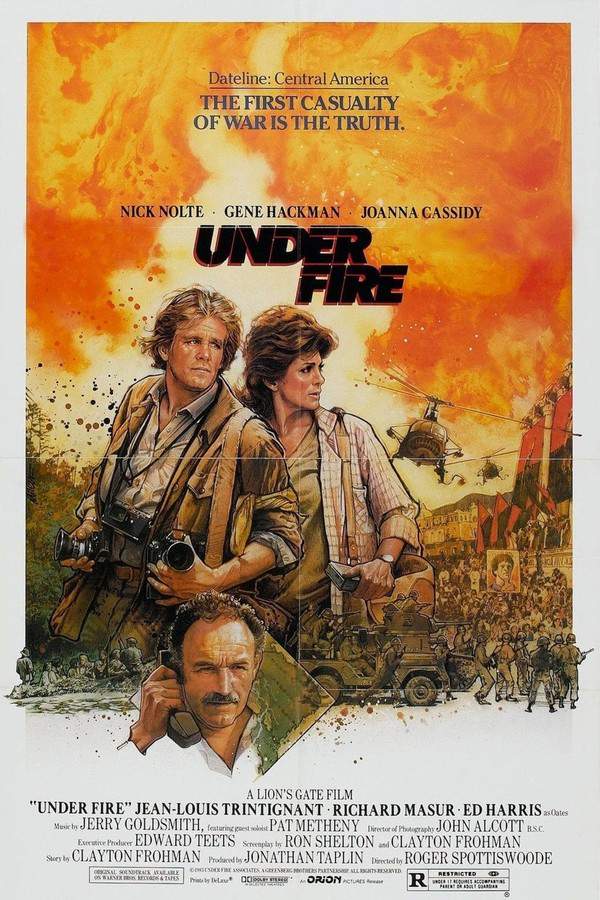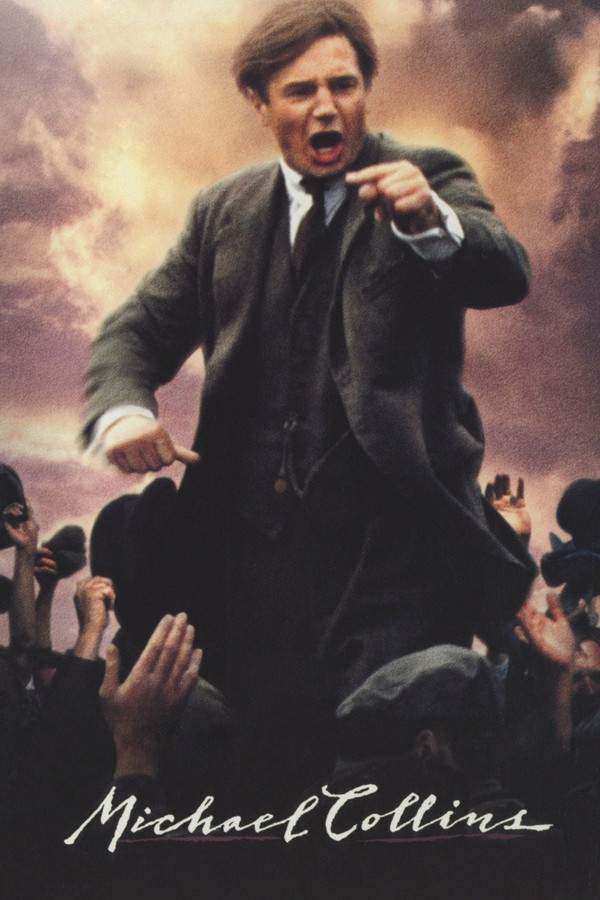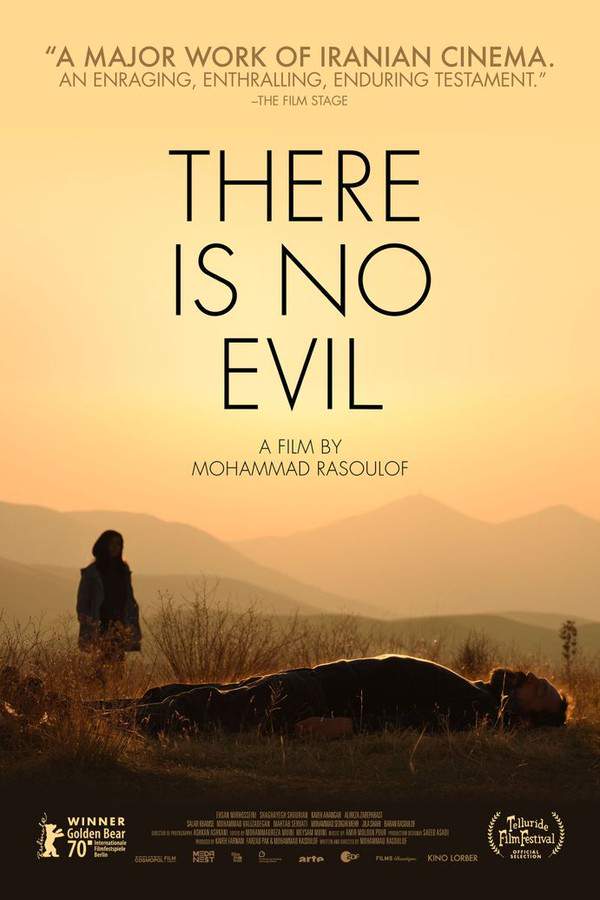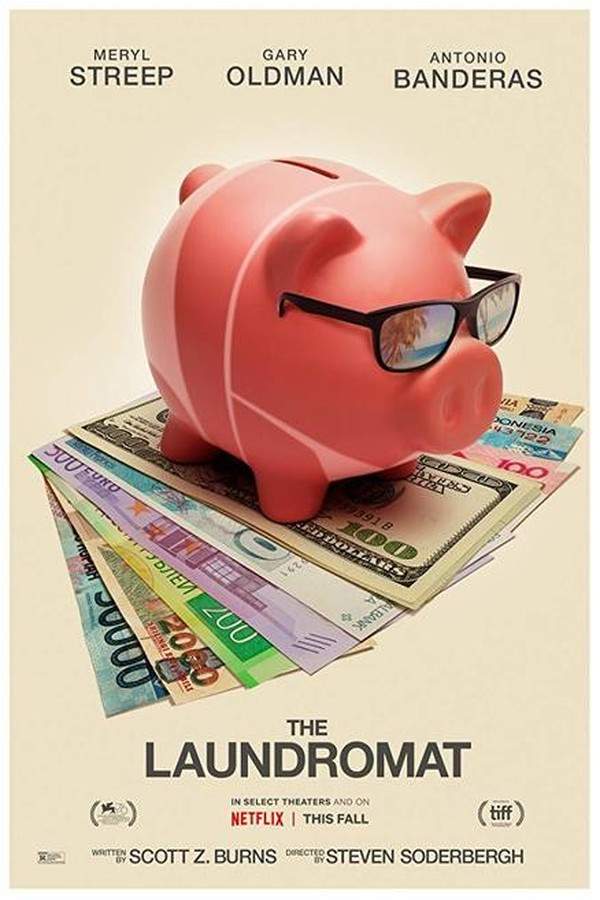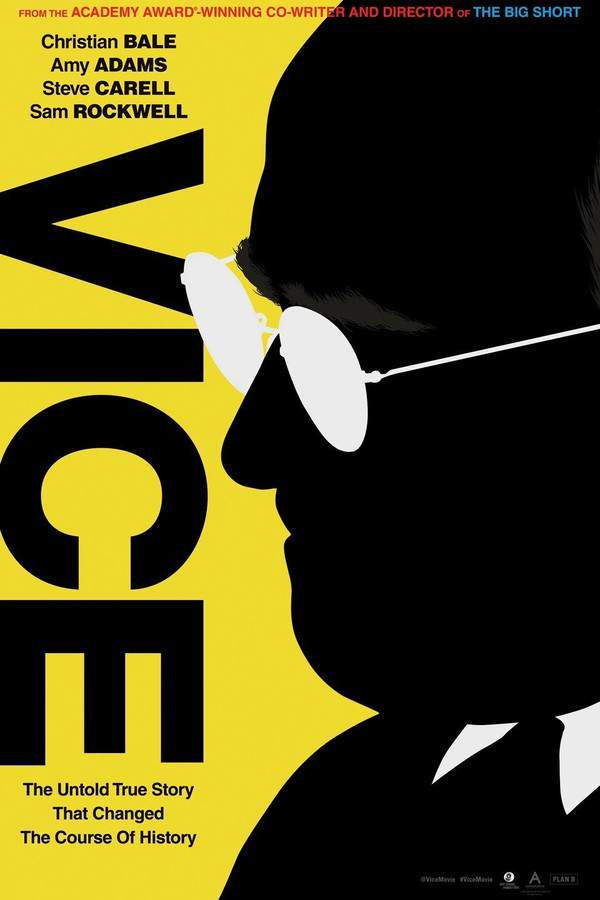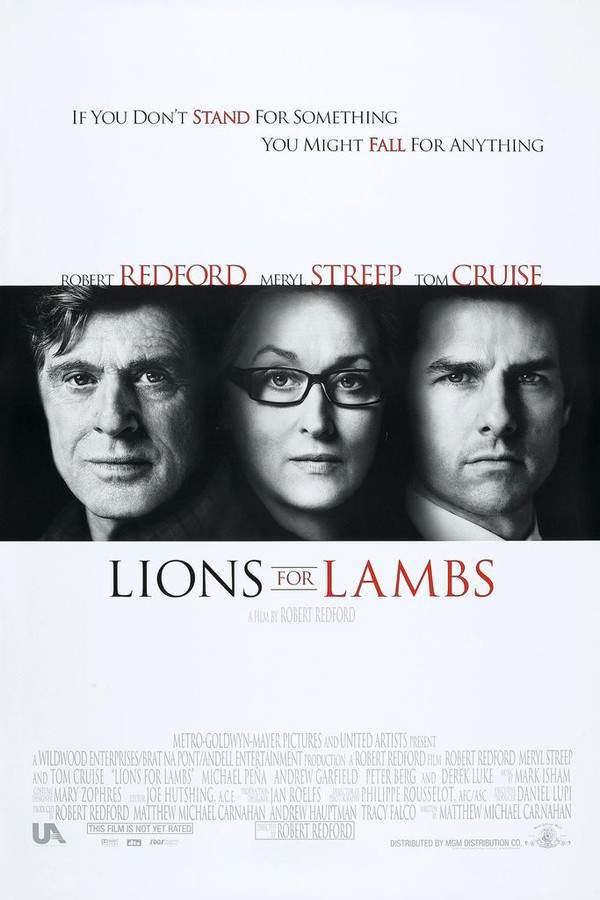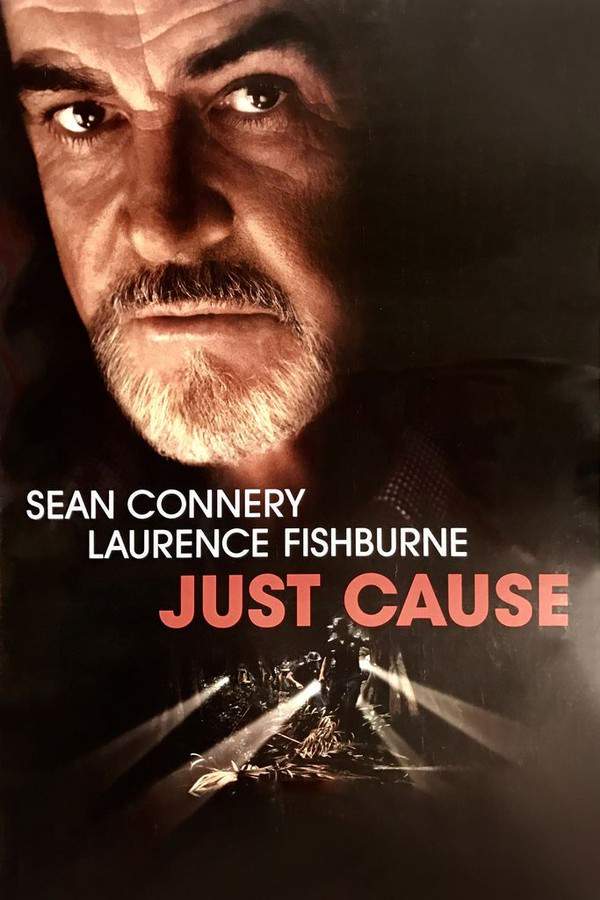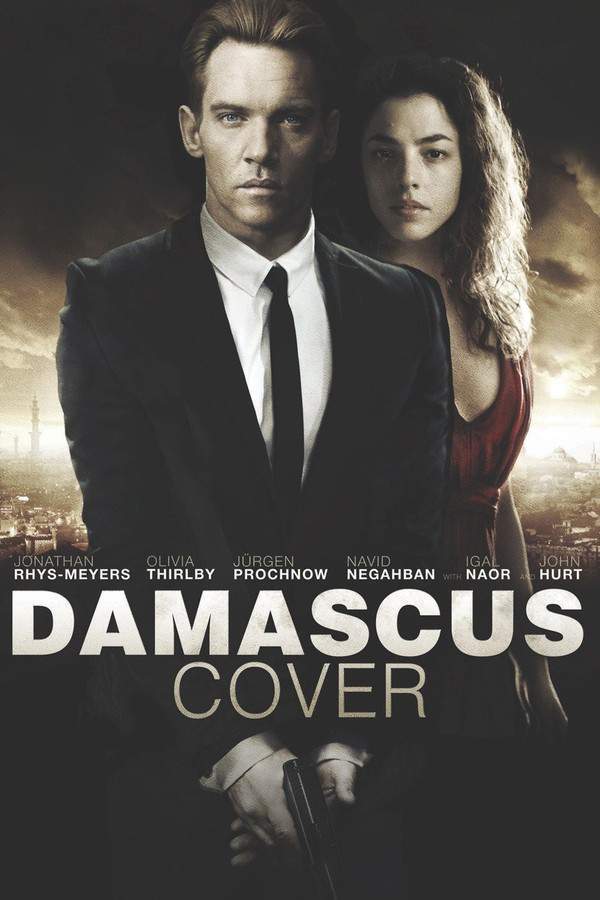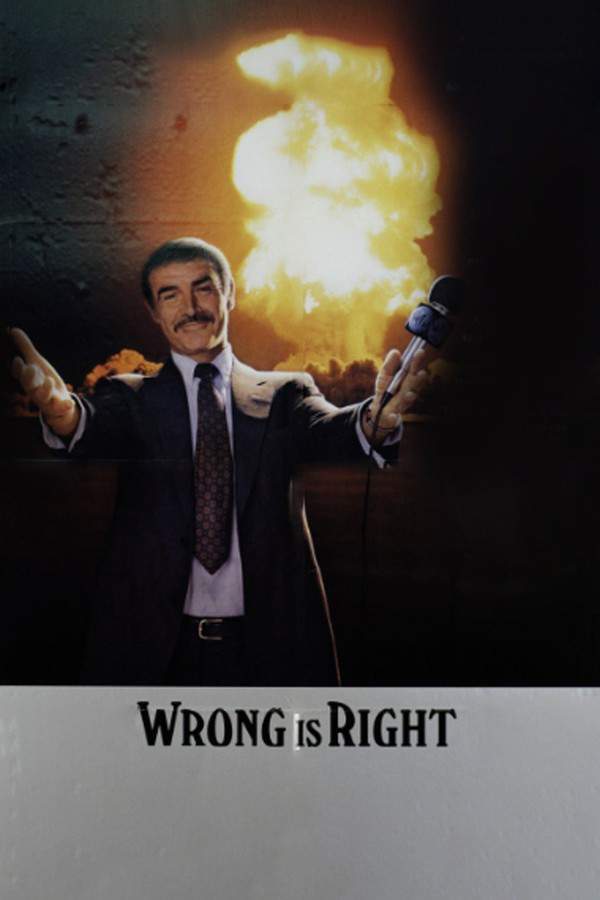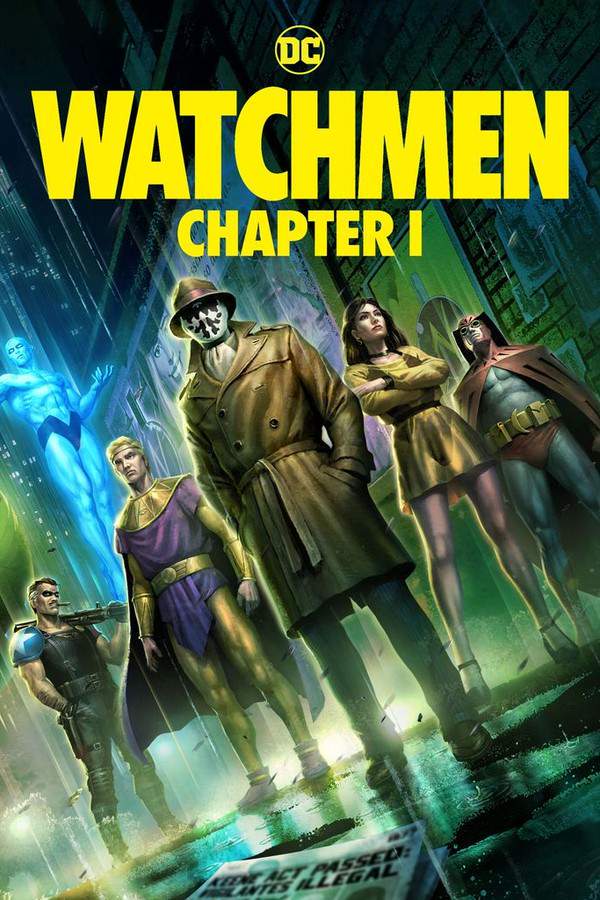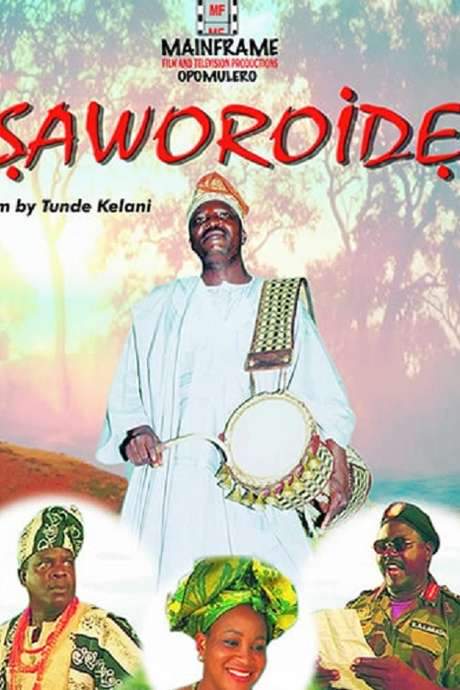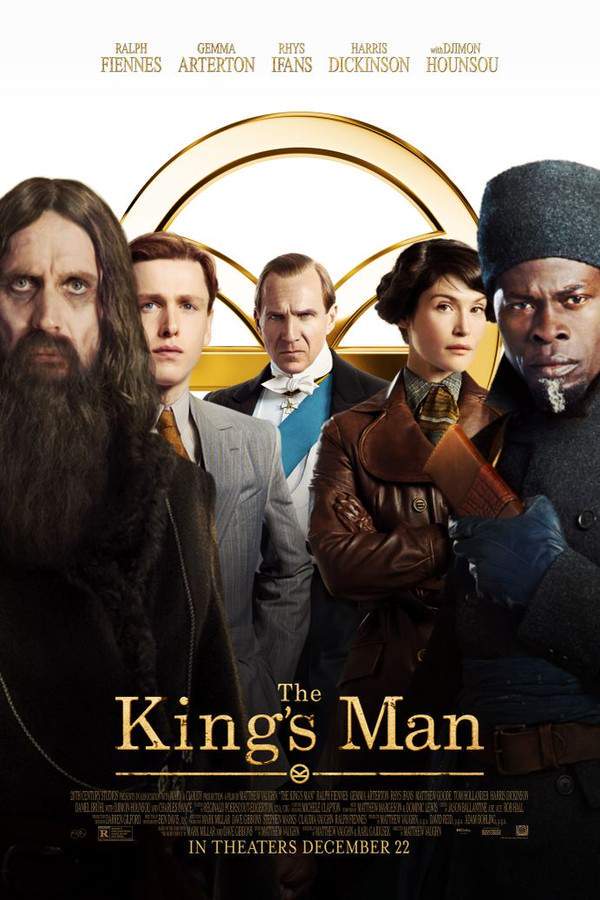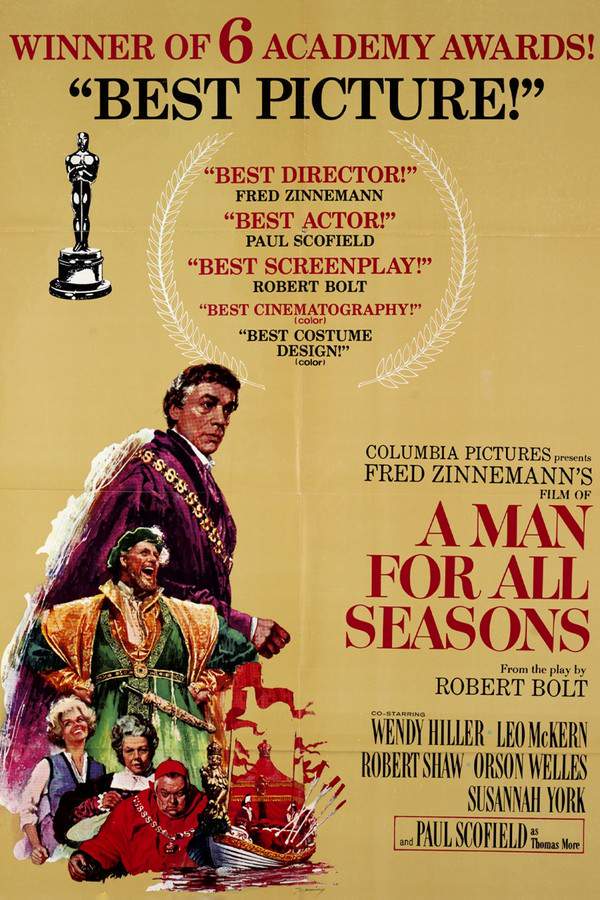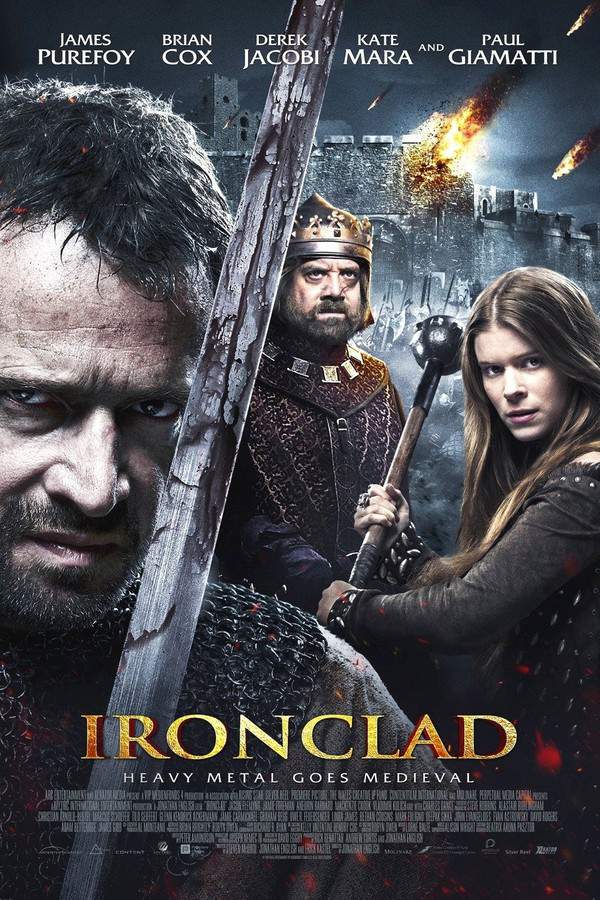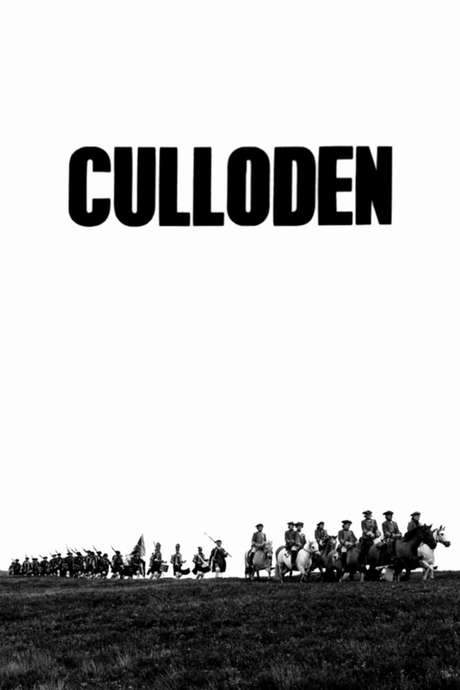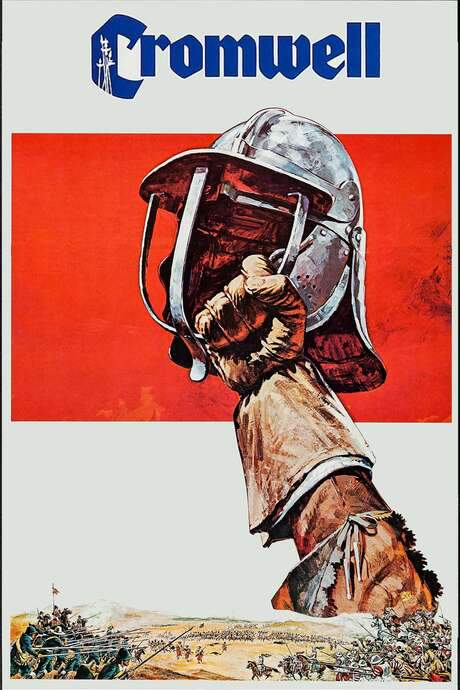
Cromwell
Year: 1970
Runtime: 140 mins
Language: English
Director: Ken Hughes
Disgusted with King Charles I's policies, Oliver Cromwell intends to sail with his family to the New World. Yet, on the night before departure, the escalating religious and political turmoil drags him back to England, where his convictions pull him into the mounting conflict that culminates in the English Civil War.
Warning: spoilers below!
Haven’t seen Cromwell yet? This summary contains major spoilers. Bookmark the page, watch the movie, and come back for the full breakdown. If you're ready, scroll on and relive the story!
Cromwell (1970) – Full Plot Summary & Ending Explained
Read the complete plot breakdown of Cromwell (1970), including all key story events, major twists, and the ending explained in detail. Discover what really happened—and what it all means.
Oliver Cromwell, played by Richard Harris, is a devout Puritan, a country squire, a magistrate, and a former Member of Parliament who finds himself drawn into a nation’s mounting crisis. On the other side stands Charles I, played by Alec Guinness, whose belief in the divine right of kings guides a reformist agenda that现实 pushes against the growing power of Parliament. The king’s policies—enclosing common land for wealthy landowners and quietly allowing Catholic rituals in private—frustrate many, including Cromwell, while the Queen, Dorothy Tutin as Queen Henrietta Maria, quietly practices Catholicism but cannot allow the young Prince of Wales to be raised in that faith. The tension between duty to crown and duty to conscience threads through every choice the two men make, even as Cromwell contemplates taking his family to the New World before being pulled back into the political arena.
Charles I’s resolve hardens as he reluctantly summons Parliament for the first time in twelve years, seeking funds to wage wars against the Scots and the Irish. In a bid to appease the Commons, he agrees to the execution of his volatile adviser, the Earl of Strafford (Patrick Wymark), but he refuses to concede reforms that would curb royal authority. The moment the king enters the parliamentary chamber with an armed guard to arrest five members, England erupts into civil war, pitting those who see God on Parliament’s side against a monarch who believes he speaks with divine authority. Cromwell emerges from cavalry service to help forge the New Model Army, a disciplined force that becomes the turning point in the conflict.
The war intensifies as Cromwell, alongside general Thomas Fairfax, reshapes the battlefield. The army’s cohesion and training turn the tide, delivering a decisive victory at the Battle of Naseby, where Cromwell’s cavalry proves pivotal even as one of his own sons falls in battle. The royal cause crumbles as Oxford is surrounded, Prince Rupert of the Rhine is banished after failures at Bristol, and Charles I seeks help by negotiating with Catholic powers through his queen and eldest son, who are sent abroad for this purpose. The conflict deepens the rift between crown and Parliament, with new strategies and loyalties emerging on every front.
As the king’s fate is sealed, Cromwell learns of Charles’ covert plan to mobilize a wholly Catholic army, relayed by Sir Edward Hyde, the king’s former adviser (Nigel Stock). Unyielding, Cromwell and his fellow Parliamentarians demand accountability, and Charles I is brought to trial for treason. Refusing to acknowledge any authority higher than his own, the king is found guilty and executed, a moment that reframes the nation’s future in ways few could have anticipated. The film does not celebrate the king’s demise; instead, it presents a complex portrait of a country at a crossroads, where power and faith collide with brutal clarity.
In the aftermath, Cromwell contemplates a future beyond monarchy even as Parliament proves self-serving in governance. His troops eject MPs from the House of Commons, leaving Cromwell to outline his vision for the Protectorate—a period of rule that he asserts as necessary amid the chaos. The drama lingers on the uneasy transition from royal authority to a new order, highlighting Cromwell’s resolve and the costs of leadership. When the dust settles, the film closes with a reflective voice-over: Cromwell would serve as Lord Protector for five years before England again reshapes itself with the return of Charles II, a time described as an England “never to be the same again.”
England never to be the same again.
Last Updated: October 09, 2025 at 14:14
Explore Movie Threads
Discover curated groups of movies connected by mood, themes, and story style. Browse collections built around emotion, atmosphere, and narrative focus to easily find films that match what you feel like watching right now.
Serious historical dramas of political upheaval like Cromwell
Epic stories where individuals are consumed by the tides of rebellion and revolution.Explore movies like Cromwell that delve into serious historical events and political turmoil. If you enjoyed the complex portrayal of the English Civil War, you'll find similar epic history and literature stories here, focusing on themes of leadership, revolution, and the moral weight of power.
Narrative Summary
Stories in this thread typically follow a principled but conflicted protagonist who is reluctantly pulled into a large-scale political or religious conflict. The narrative charts a steady progression from ideological disagreement to open warfare, culminating in a resolution that is historically significant but often morally and emotionally complex for the characters involved.
Why These Movies?
Movies are grouped here because they share a high-stakes, serious tone, a methodical pacing that builds tension around political decisions, and a heavy emotional weight derived from themes of duty, conviction, and the human cost of revolution.
Movies about morally grey leadership like Cromwell
Character studies of powerful figures torn between ideals and the burdens of power.Discover films similar to Cromwell that explore the theme of conflicted leadership. If you were fascinated by Oliver Cromwell's moral journey, these stories feature powerful characters facing impossible choices, wrestling with duty, conscience, and the corruption that often accompanies power.
Narrative Summary
The narrative pattern follows a leader who initially fights against a corrupt system, only to find themselves wielding similar power and facing the same ethical dilemmas. The journey is often a tragic or bittersweet exploration of how noble intentions can be compromised, leaving the character fundamentally changed and burdened by their actions.
Why These Movies?
These films are connected by their complex character arcs, a focus on the theme of power and corruption, and a mixed or tragic ending feel that questions the price of victory. They share a contemplative and dramatic mood, asking difficult questions about morality in leadership.
Unlock the Full Story of Cromwell
Don't stop at just watching — explore Cromwell in full detail. From the complete plot summary and scene-by-scene timeline to character breakdowns, thematic analysis, and a deep dive into the ending — every page helps you truly understand what Cromwell is all about. Plus, discover what's next after the movie.
Cromwell Timeline
Track the full timeline of Cromwell with every major event arranged chronologically. Perfect for decoding non-linear storytelling, flashbacks, or parallel narratives with a clear scene-by-scene breakdown.

Characters, Settings & Themes in Cromwell
Discover the characters, locations, and core themes that shape Cromwell. Get insights into symbolic elements, setting significance, and deeper narrative meaning — ideal for thematic analysis and movie breakdowns.

Cromwell Spoiler-Free Summary
Get a quick, spoiler-free overview of Cromwell that covers the main plot points and key details without revealing any major twists or spoilers. Perfect for those who want to know what to expect before diving in.

More About Cromwell
Visit What's After the Movie to explore more about Cromwell: box office results, cast and crew info, production details, post-credit scenes, and external links — all in one place for movie fans and researchers.

Similar Movies to Cromwell
Discover movies like Cromwell that share similar genres, themes, and storytelling elements. Whether you’re drawn to the atmosphere, character arcs, or plot structure, these curated recommendations will help you explore more films you’ll love.
Explore More About Movie Cromwell
Cromwell (1970) Scene-by-Scene Movie Timeline
Cromwell (1970) Movie Characters, Themes & Settings
Cromwell (1970) Spoiler-Free Summary & Key Flow
Movies Like Cromwell – Similar Titles You’ll Enjoy
The King (2019) Plot Summary & Ending Explained
Henry V (1989) Plot Summary & Ending Explained
A Man for All Seasons (1966) Full Movie Breakdown
Elizabeth (1998) Movie Recap & Themes
Churchill (2017) Film Overview & Timeline
Ironclad (2011) Complete Plot Breakdown
King Charles III (2017) Detailed Story Recap
To Kill a King (2003) Ending Explained & Film Insights
Henry VIII (1000) Movie Recap & Themes
Blackadder: The Cavalier Years (1988) Complete Plot Breakdown
Henry V (1944) Ending Explained & Film Insights
The Moonraker (1958) Movie Recap & Themes
The War Lord (1965) Detailed Story Recap
Culloden (1964) Full Movie Breakdown
Tower of London (1939) Detailed Story Recap

